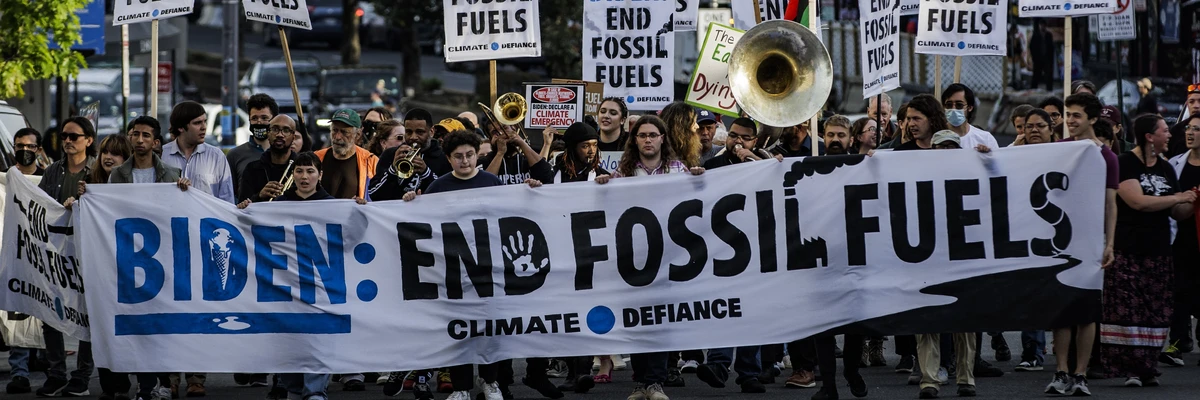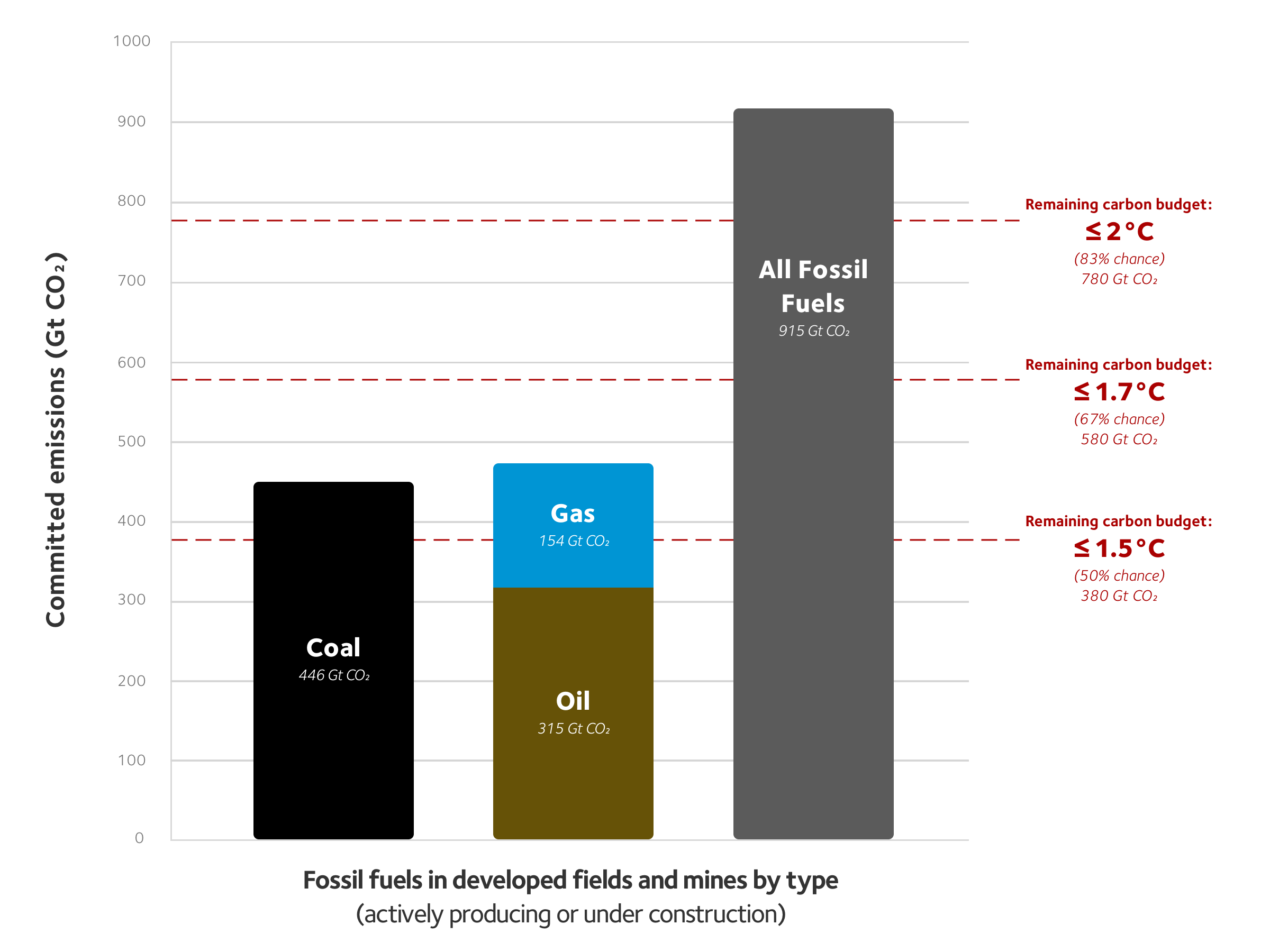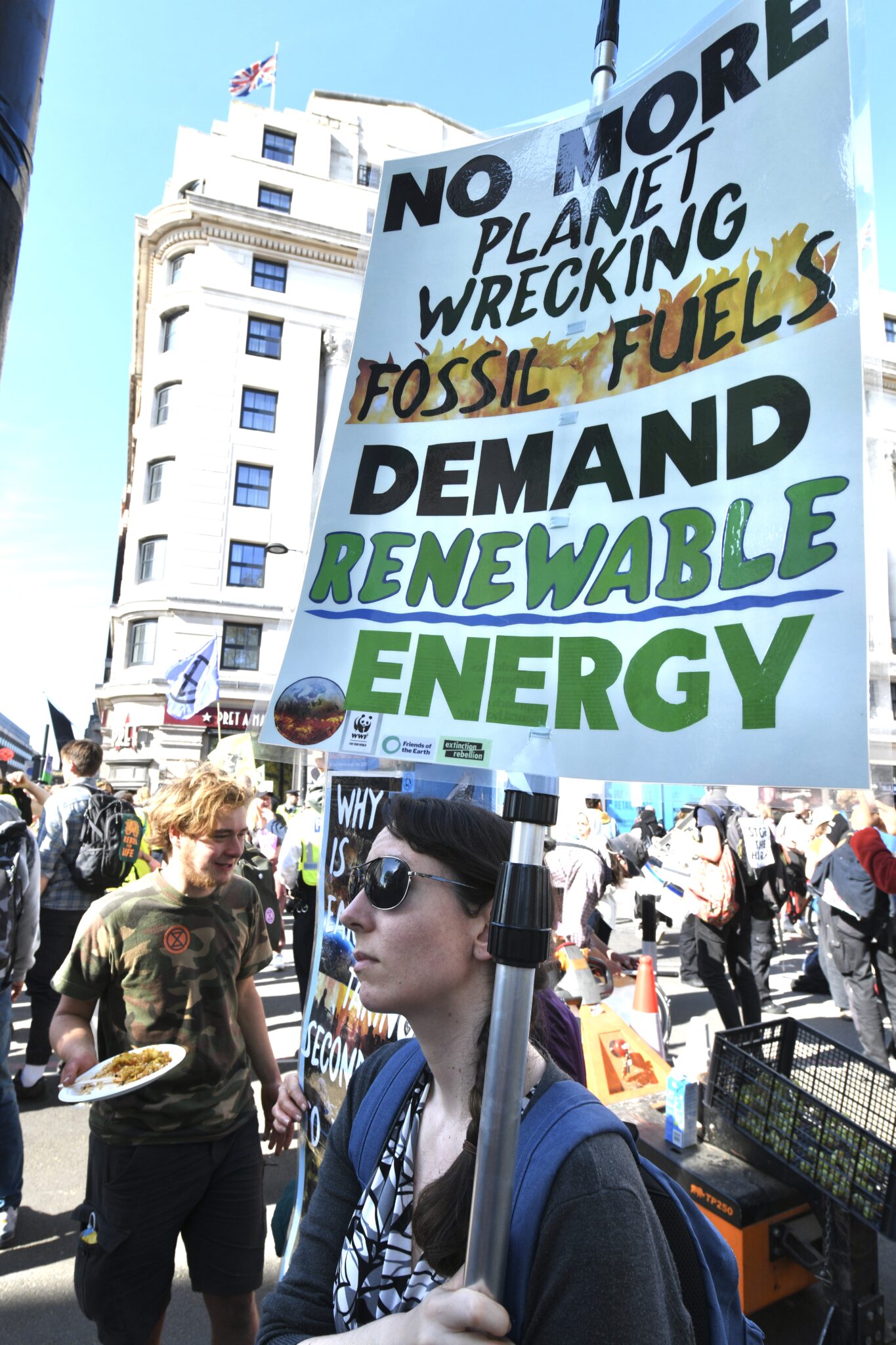New Data: Shut Down 60% of Existing Fossil Fuel Extraction to Keep 1.5°C in Reach

https://priceofoil.org/2023/08/16/shut-down-60-percent-existing-fossil-fuel-extraction-1-5c/
AUGUST 16, 2023BY KELLY TROUTBLOG POST, GLOBAL INDUSTRY, GLOBAL POLICY
Download this briefing as a PDF.
In May 2021, the International Energy Agency (IEA) sent shockwaves through the fossil fuel industry and its allies in government by concluding that no new coal mines or oil and gas fields should be developed if the world is to hold global warming to 1.5 degrees Celsius (°C), the limit agreed by governments to preserve a livable climate. The IEA’s logic was clear: Already-developed extraction projects – those actively producing fossil fuels or under construction – contain enough oil, gas, and coal to fulfill declining levels of demand aligned with limiting warming to 1.5°C. Developing more fields and mines would come with climate and/or economic costs that could be avoided by simply saying “no” to new extraction.
One year later, in May 2022, Oil Change International and a team of researchers [1] published a peer-reviewed study in the journal Environmental Research Letters (ERL) that went a step further than the IEA’s analysis (building on OCI’s path-breaking 2016 study).
We found that developed extraction projects hold not only enough fossil fuels to meet 1.5°C-aligned demand but way too much. Extracting the oil, gas, and coal within already developed fields and mines would push the world well beyond 1.5°C of warming. In fact, our study concluded nearly 40% of developed fossil fuel reserves need to stay in the ground to keep the 1.5°C limit in reach. Thus, in addition to ceasing new oil, gas, and coal development, as per the IEA’s recommendation, governments must also ensure a significant portion of existing extraction sites are shut down and decommissioned prematurely.
Unfortunately, since the IEA and OCI studies were published, governments (with a few exceptions) and oil and gas companies (with zero known exceptions) have continued approving and investing in new extraction projects, and global fossil fuel emissions hit a new record high in 2022.
In this analysis, I provide an updated estimate of the steep and deep climate hole the fossil fuel industry has dug us into. Because of the lag time between research and final publication (and the difficulty of compiling quality coal mine data), the ERL study was based on estimates of committed carbon-dioxide (CO2) emissions from developed fossil fuel reserves and remaining carbon budgets aligned with global climate goals as of January 1, 2018. Here I update the oil and gas reserves and carbon budget estimates to a baseline of January 1, 2023.
Figure 1: CO2 emissions committed by developed oil and gas fields and coal mines, compared to remaining carbon budgets from the start of 2023

The key findings are stark:
- The majority of the fossil fuel reserves within active fields and mines must now stay in the ground. Using updated 2023 data, the proportion of coal, oil, and gas reserves that must remain unextracted to meet the 1.5°C limit has increased from nearly 40% in 2018 to almost 60% in 2023.
- As of 2023, developed oil and gas reserves alone, if fully extracted, would cause cumulative carbon emissions nearly 25% greater than the world’s remaining 1.5°C carbon budget. Thus, even in the theoretical scenario where coal mining stops immediately, developed oil and gas reserves alone could push the world beyond 1.5°C.
- A significant portion – almost one-fifth (20%) – of oil and gas fields must be shut down, even if no new fields are developed and coal extraction stops tomorrow.
- Developed fields and mines contain enough fossil fuel to push the world beyond 2°C, a significantly more dangerous threshold that could make parts of our planet newly uninhabitable.
These findings underscore why governments must show up to the upcoming United Nations-hosted climate summits, the Climate Ambition summit in September in New York and COP28 in December in the UAE, with super-charged commitments to:
- Stop licensing and permitting new fossil fuel development, and
- Initiate a fast and fair global phase-out of fossil fuels. To be fair, wealthy fossil fuel-producing countries must move fastest to revoke permits for and retire polluting infrastructure while fully funding a just transition to renewable energy.
There have been some rays of light. Core members of the Beyond Oil and Gas Alliance have committed to stop licensing new oil and gas exploration and phase out their oil and gas production on a 1.5°C-aligned timeline. A group of six Pacific Island nations recently issued a call committing to a fossil-free Pacific and demanding “a global, just and equitable phase out of coal, oil and gas.” And, at last year’s United Nations COP27 climate summit, over 80 countries pushed for the summit conclusions to include a call to phase out fossil fuels.
Yet, many of the same countries ostensibly backing the call for a fossil fuel phase-out at COP27 – including the United States, Canada, Australia, the United Kingdom, and Norway – have turned around and hypocritically continued developing more fossil fuels.
When you are in a hole, the first step is to stop digging. It is time for countries to heed the call of United Nations Secretary-General António Guterres and come to New York in September with new and accelerated commitments to phase out fossil fuels backed by concrete policy action. To be credibly 1.5°C aligned, these commitments must include, at minimum, action to end licensing, permitting, or funding of new fossil fuel production – and, for the wealthiest countries, to fund a just global transition to renewable and sustainable energy.
Read on for more of the technical analysis comparing our updated results on developed fossil fuel reserves to those in the ERL study published last May.
…
https://priceofoil.org/2023/08/16/shut-down-60-percent-existing-fossil-fuel-extraction-1-5c/

